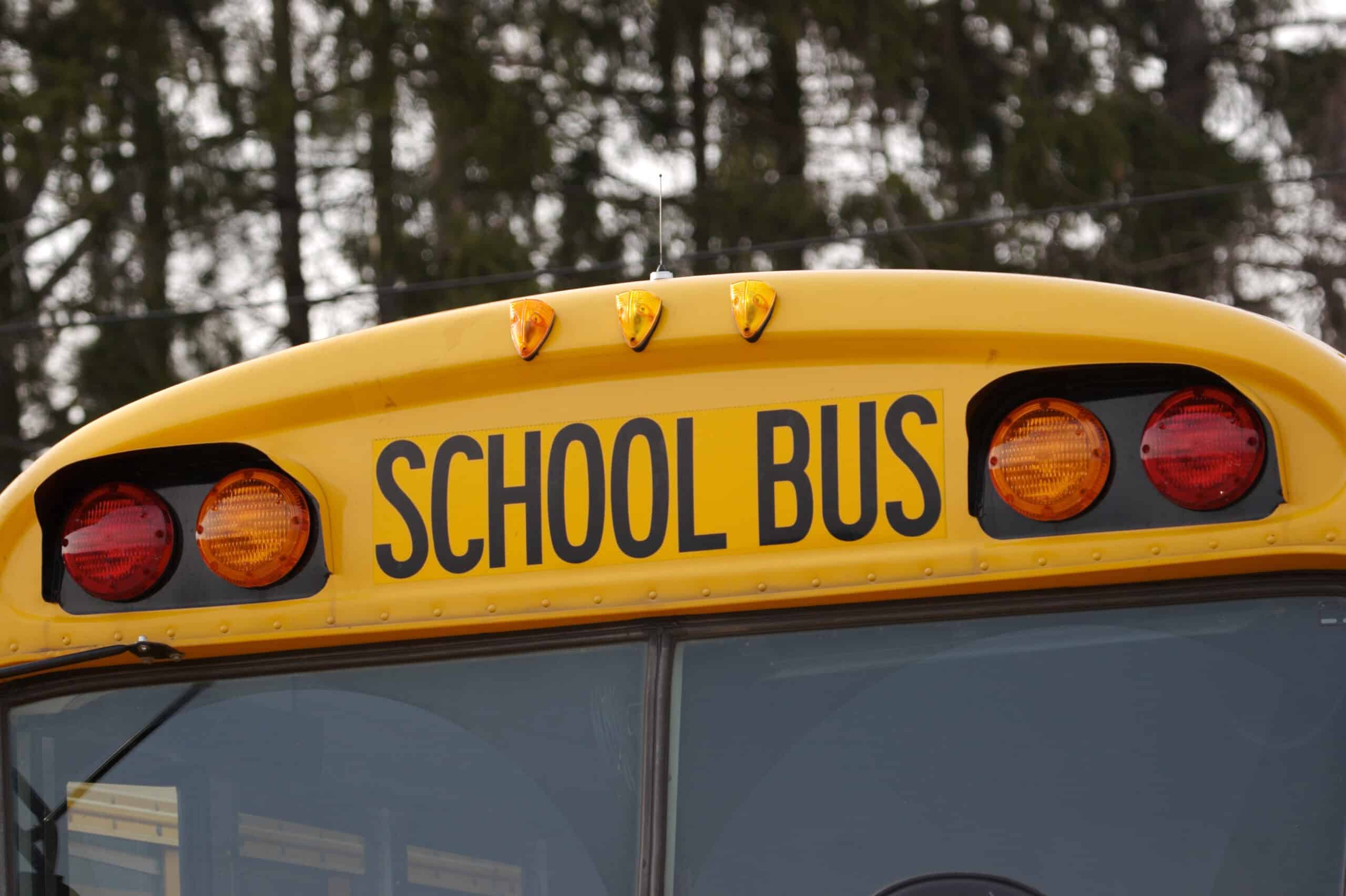I’ve got a great idea for reducing your property taxes. We’ll just get rid of your community’s school buses. We won’t have to buy any more of those overpriced things, we won’t have to pay drivers and mechanics, and we won’t have to buy all that fuel that just keeps getting more expensive. Seems like half the parents are driving their kids to school these days anyway, so let’s just make the other half do it, too. And hey, the kids can always walk or bike like I did (even in the snow).
“But wait!” you protest. “Aren’t Indiana schools required to transport kids to and from school?” The answer may surprise you. It’s no. With the exception of some students whose special needs require it, Indiana law does not demand that local school boards fund the cost of providing transportation. Nor does the state provide any money for that purpose. School districts pay for it through your property taxes.
If your community’s school board decides they want to eliminate transportation, they simply have to announce it publicly three years before they do away with it, or they can request a waiver from the Indiana Department of Education. A city in Lake County did it. So did Franklin Township on the southeast side of Indianapolis, although they restored buses after a year. Beech Grove announced they would do it, but changed their decision after voters subsequently approved a referendum.
Expect to hear other school boards throughout the state make similar decisions in the coming years. The reason is the new two-year state budget lawmakers adopted this spring. Many taxpayers were thrilled to see that it slashed the property tax dollars that fund the day-to-day business of local government. Every local unit of government is hard at work trying to figure out how they can handle the cuts without affecting the services (and quality) you expect.
Take those bright yellow buses. The ones you see trundling down the road carry sticker prices upwards of $170,000. Every year, Plainfield’s fleet – which serves just one township — travels more than 380,000 miles back and forth from schools, along with another 40,000 for athletic, arts, and field trips. Each bus consumes about 7,500 gallons of fuel each month. If you were a school board member desperately trying to achieve big budget cuts, eliminating transportation might look like an easy solution. Just don’t expect the community to thank or reward you for making a tough decision.
What many people don’t seem to grasp is that when government cannot afford to provide what you expect, you won’t have it anymore. Sure, you can save taxes by cutting the fire department in half. Just close half the stations, mothball half the trucks, and eliminate half the firefighters and ambulances. I hope your home isn’t the one that starts burning.
People who complain that local government is wasteful and reckless in its spending tend to be poorly informed, especially given the fact that everything they need to know about government spending is publicly available. Absolutely convinced there’s massive waste? Then please explain how the Republican Party – long known for believing in as little government as possible, which has held the governor’s office and supermajorities in both houses for more than a dozen years, and nearly all Hendricks County offices a lot longer – hasn’t already rooted out all that waste?
Many Hoosiers –including our Governor – think local government spending is out of control, but the facts just don’t support their claim. For example, the General Assembly likes to boast about providing “historic levels” of school funding every year, but the reality is that inflation has outpaced their funding increases this century. When you factor inflation into the numbers, schools actually receive less money per student than they did in the 2000s — $100 less per student since 2010, reports Ball State economist Michael Hicks.
The General Assembly did give many units of local government a safety net, but I’m pretty sure it’s not going to be popular among voters. Those units can adopt or increase a local income tax to cover some of those costs. So yes, your property taxes may go lower, but so will your paycheck.
